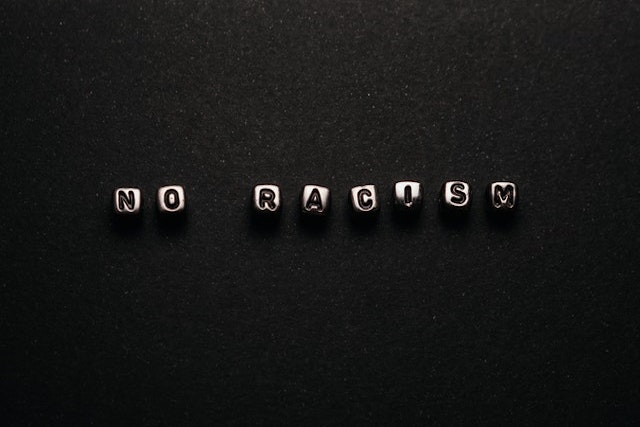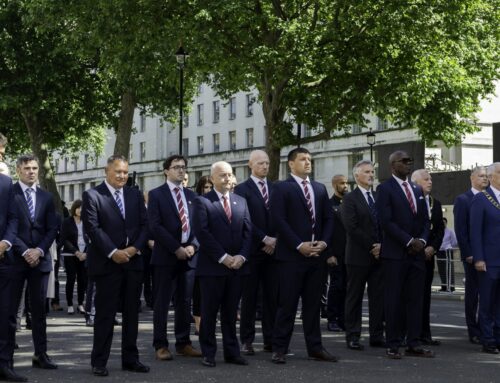For as long as I have been involved in anti-racism, it was clear to me that the definition of “racism” was wide enough to include antisemitism. Something has happened in the last 10 years, with people now talking about racism and antisemitism as though they are two separate things. But why has this come about?
The recent spate of antisemitic comments within political and civil society has caused a much wider debate on what is and is not considered offensive, especially when it comes to antisemitism. But there is another question that I believe underpins everything; why are we living in times where antisemitism is defined so much more narrowly in comparison to racism against other races, ethnic groups, and nationalities?
Society is rightly sensitive in language, speech and writing to ensure that nothing is said which might inadvertently be considered as racist. We seem to be sufficiently aware of how we might offend people of other races and nationalities that we take particular care in what we say and write to ensure we are not engaging in anything that is racist.
But, in recent years, the same level of care and concern has not been taken in relation to comments about Jews. This is why we are finding such a debate about what is and is not antisemitism. Racism and antisemitism are not separate things. From a definitional perspective, they should be exactly the same. Despite this, we are seeing signs that civil society, sport and political discourse are beginning to treat them separately. There is even debate about how to define antisemitism, in a way that there is not a debate in relation to other forms of racism against other nationalities, religions, and races.
This is why, as I see it, people do not exercise the same level of sensitivity or take the same degree of care to ensure that their comments are not offensive and racist when they are referring to Jews in particular. Whereas it is always rightly unacceptable to use certain words when referring to a black person, there seems to be no such acceptance when it comes to words that are offensive to Jews, and a complete denial of whether the word Zionist could ever be a form of abuse. In football, there is still a tiresome debate about whether the use of the Y word should risk disciplinary sanction.
Jews are often described using particular ethnic characteristics, which some would refer to as “tropes” – perhaps relating to money, influence, or control – in a way that people of other races would not be described. One would not use caricatures or tropes or general descriptive characteristics without people being held to account.
Historical occurrences relating to Jews are often mined for comparative purposes. Jews face Holocaust denial, Holocaust equivalency, while Israel is often criticised using language that was used to describe the Nazis. On the other hand, society is rightly sensitive to never use past occurrences that have happened to other races and nationalities to describe their current activities.
It is this very separation of antisemitism from racism that is creating such a debate now within the Labour Party and civil society as a whole. I am not sure how we got into this place. But being able to regard antisemitism as a form of racism and being as sensitive to it as we are about other forms of racism would be a constructive outcome from the current debate.
We should aim to live in a society where, if a politician makes a generic, historical, questionable accusation about the role of Jews, then we should be sufficiently sensitive to ask that politician whether the same accusation would be made against people of other ethnic and racial backgrounds. Such comments should be condemned and appropriate disciplinary action taken as though it were any other form of racism.




